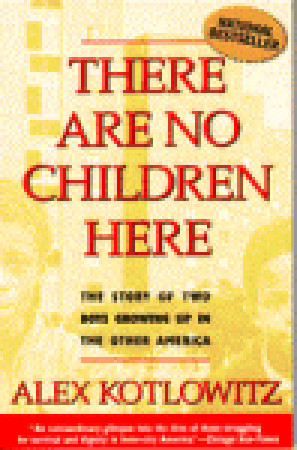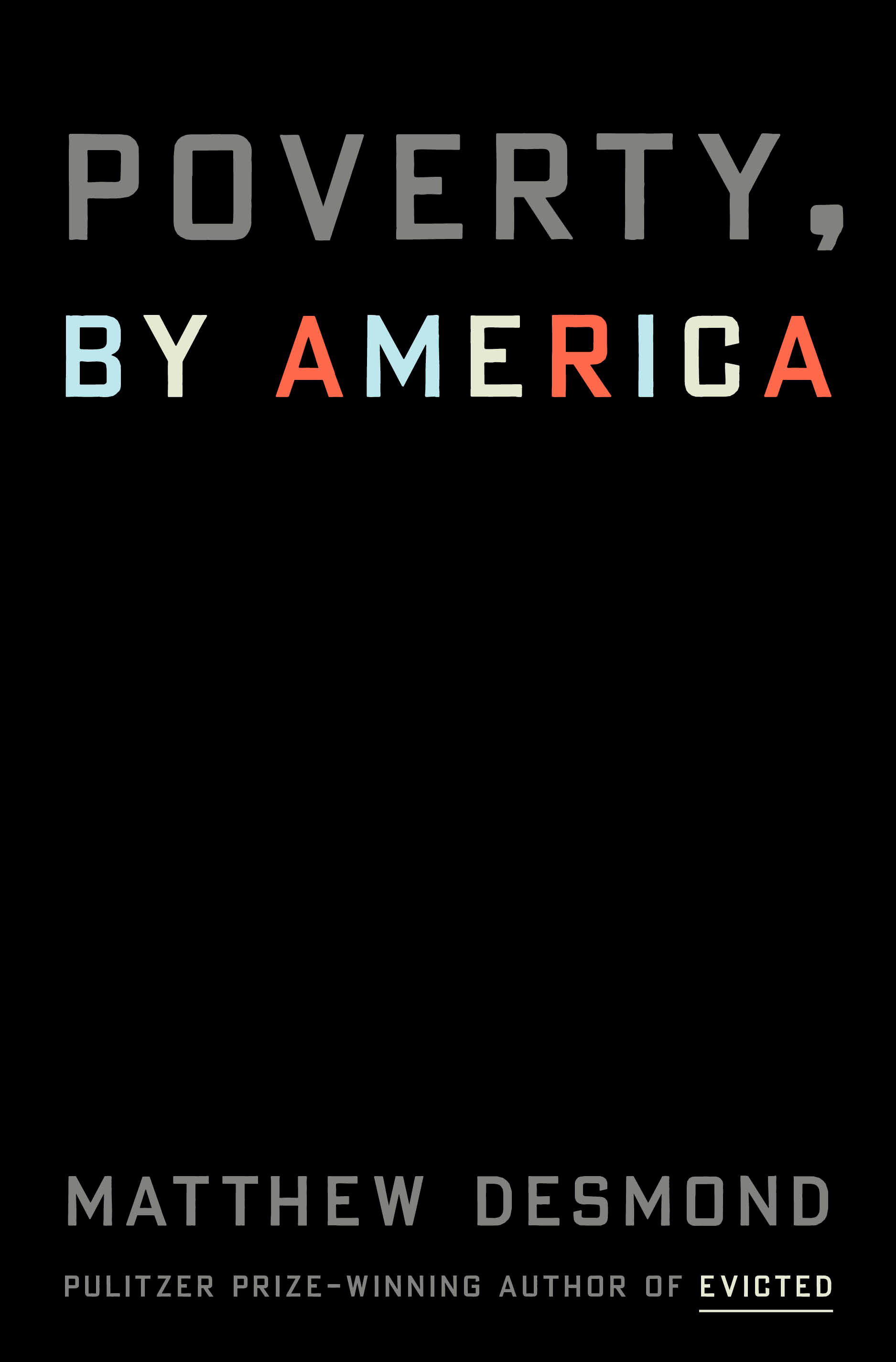
Evicted: Poverty and Profit in the American City
Book Description
Imagine a world where losing your home is just one eviction notice away. In "Evicted: Poverty and Profit in the American City," Matthew Desmond plunges into the harrowing reality of America’s housing crisis, exposing the chilling intersection of poverty and profit. Through intimate narratives, we meet families grappling with the relentless grind of eviction and landlords prioritizing profit over people. Each story reveals the fragility of stability and the hidden costs of housing insecurity. As the stakes rise and lives unravel, one question looms: what does it mean to pursue the American Dream when your home is on borrowed time?
Quick Book Summary
"Evicted: Poverty and Profit in the American City" by Matthew Desmond is a groundbreaking investigation into the housing crisis faced by America's poor. Through immersive storytelling and meticulous research, Desmond follows landlords and tenants in Milwaukee, exposing how eviction is both a cause and consequence of poverty. The book reveals how the lack of affordable housing destabilizes families, perpetuates poverty, and exacerbates inequality. With unflinching honesty, Desmond shows the human side of policy, highlighting the emotional and financial toll of eviction on individuals and communities. By weaving personal stories with in-depth analysis, "Evicted" demonstrates that housing insecurity is more than a personal failing—it is a systemic issue demanding urgent reform.
Summary of Key Ideas
Table of Contents
Eviction as Both Cause and Consequence of Poverty
Matthew Desmond's "Evicted" documents the stories of eight families struggling to keep their homes in Milwaukee, revealing the pervasive threat of eviction among America's urban poor. The book plunges readers into the day-to-day hardships faced by tenants—mostly women and children—who live under constant threat of displacement. Through vivid character portraits, Desmond captures the fear, anxiety, and disruptions families endure, showing how eviction is not a rare occurrence but an expected hazard for millions navigating poverty.
The Human Cost of Housing Instability
Desmond exposes the dual reality of those who live in poverty and those who profit from it. Landlords operate businesses within this economic system, sometimes exhibiting compassion but often motivated by financial necessity. The book humanizes landlords while highlighting the power imbalance inherent in their relationship with tenants. Through these interactions, Desmond makes clear how poverty is monetized, as rent payments consume an outsized share of already meager incomes, pushing families toward crisis with each setback.
Landlords and the Business of Poverty
The psychological and social repercussions of eviction are profound. Eviction frequently leads to job loss, educational disruptions for children, and erosion of support networks, making recovery increasingly difficult. Desmond demonstrates how housing insecurity ripples outward, deepening health disparities and perpetuating cycles of disadvantage across generations. Evicted tenants are often forced into worse housing or homelessness, perpetuating a downward spiral that is nearly impossible to escape.
Systemic Failures in Housing Policy
Desmond goes beyond individual narratives to analyze systemic failures in American housing policy. He contends that the lack of affordable housing, insufficient legal protections for tenants, and the normalization of exploitative rental practices are all structural contributors to the crisis. "Evicted" illustrates how the legal system is often stacked against the poor, with tenants navigating court proceedings without adequate representation while facing lasting consequences, such as damaged credit.
Paths Toward Justice and Reform
Ultimately, Desmond argues for tangible reforms, including a universal housing voucher program and expanded tenants’ rights, to break the cycle of eviction and poverty. He insists that secure housing should be a fundamental right and that ending the eviction epidemic is essential to addressing broader social injustices. "Evicted" challenges readers to reconsider poverty, not as a personal shortcoming, but as a systemic failure demanding collective action and policy change.
Download This Summary
Get a free PDF of this summary instantly — no email required.





